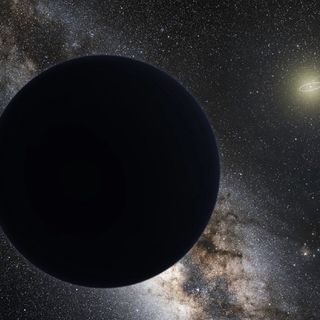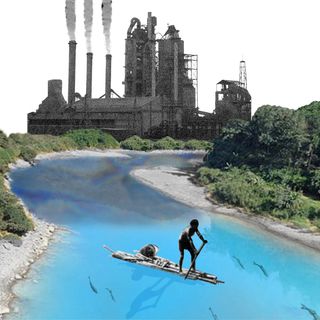Leading global beverage brand, Coca-Cola, has announced that it’s all set to trial paper bottles in Hungary this summer — joining brands like Absolut, Carlsberg, Johnnie Walker and L’Oreal, which have been experimenting with paper packaging for liquids.
Trialing paper packaging for its fruit drink Adez, Coca-Cola’s prototype for paper bottles will have a strong paper shell with a thin plastic liner. “The trial we are announcing today is a milestone for us in our quest to develop a paper bottle,” Daniela Zahariea, director of Coca-Cola’s technical supply chain and innovation in Europe, said in a statement, adding that the company was motivated by, “people expect[ing] Coca‑Cola to develop and bring to market new, innovative and sustainable types of packaging.”
The announcement of the trial followed closely on the heels of an annual audit by Break Free From Plastic (BFP) in December last year, which named Coca-Cola, PepsiCo, and Nestlé as the world’s top plastic polluters for the third consecutive year — suggesting that the companies had done little to reduce the adverse impact of their packaging on the environment, despite having been called out twice on it before 2020. Another report from March 2020 also found Coca-Cola, along with three other companies, responsible for more than half a million tonnes of plastic pollution in six developing countries, including India.
In fact, in 2020, the amount of plastic pollution caused by Coca-Cola was not only almost as much as PepsiCo and Nestlé combined, but also marked an increase from 2019 when its beverage bottles were found to be the most frequently discarded plastic item on beaches, rivers, parks and other litter sites. In 2019, pollution caused by Coca-Cola was pervasive in 37 out of the 51 countries surveyed; in 2020, it jumped to 51 out of 55.
Related on The Swaddle:
Packaging Disguises Sugary Drinks as Healthy Choices, Deceives Parents: Study
But is switching to paper simply an exercise in PR, for the sake of attracting favorable publicity in the face of all the criticism the brand has faced for plastic pollution? Or can switching to paper bottles actually help the environment? Experts are unsure.
Research suggests that not only does paper require more energy and greenhouse gas emissions to produce than plastic, packaging with paper also requires more mass to fulfill the same function as plastic. The greater the mass required, the greater the quantity that needs to be manufactured, and the greater the emissions — and also, the deforestation. Moreover, paper is also heavier to transport than plastic — resulting in greater vehicle emissions, and an overall high impact on the environment.
Moreover, just like Coca-Cola, most companies trialing paper bottles also tend to use a plastic liner as a moisture barrier. “While companies claim the layers can be easily separated for recyclability, we are skeptical of those claims given the challenges in recycling plastic-lined paper today and the likelihood that the companies aren’t using any technology to allow for that separation,” Drishti Masand, an associate at Lux Research, independent research and advisory firm in New York, explained.
Experts note that while paper may still be better in comparison to plastic, since it decomposes faster and is more recyclable, it appears to be more of a quick-win, short-term solution than a sustainable, long-term shift.




